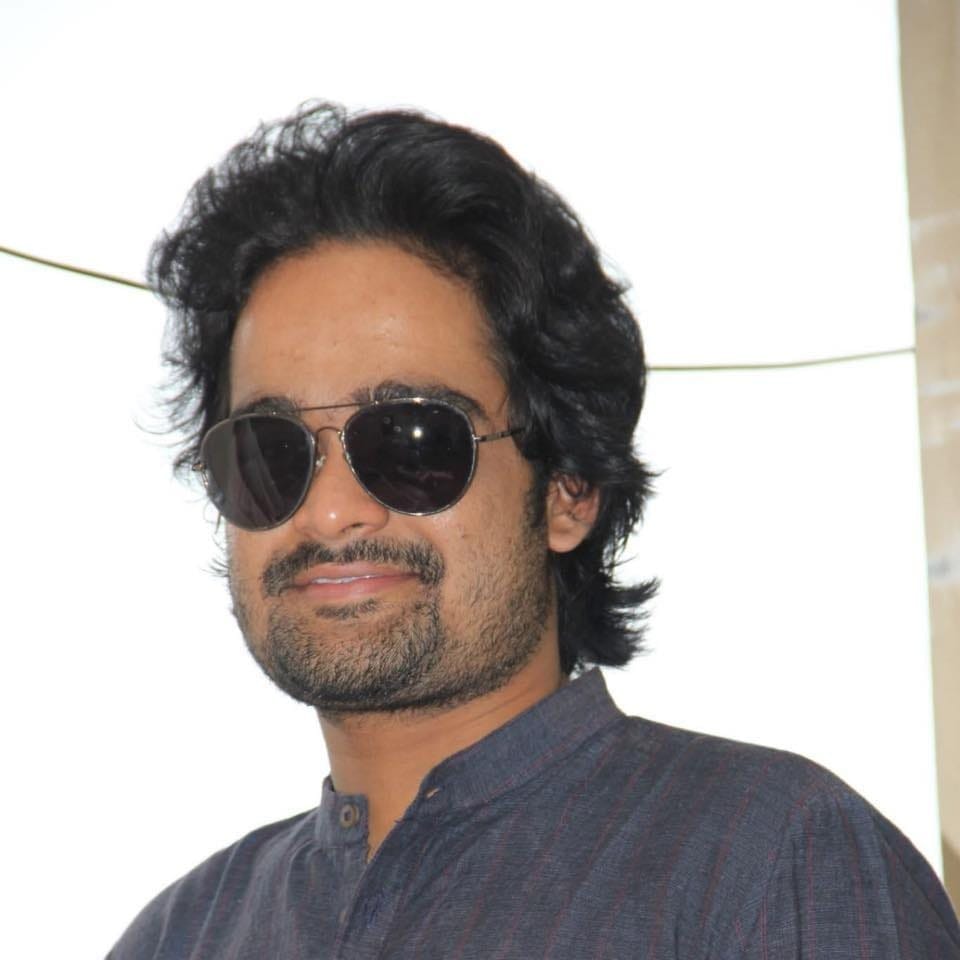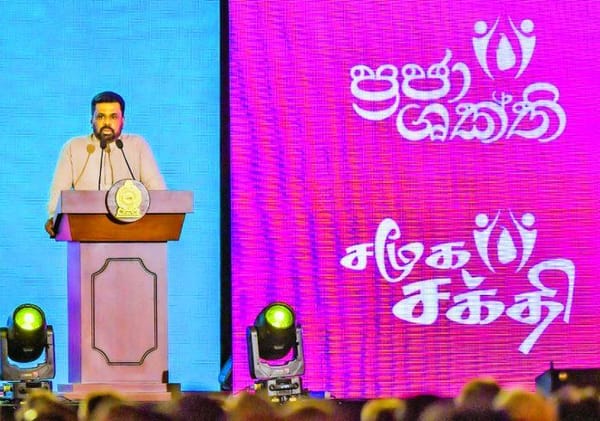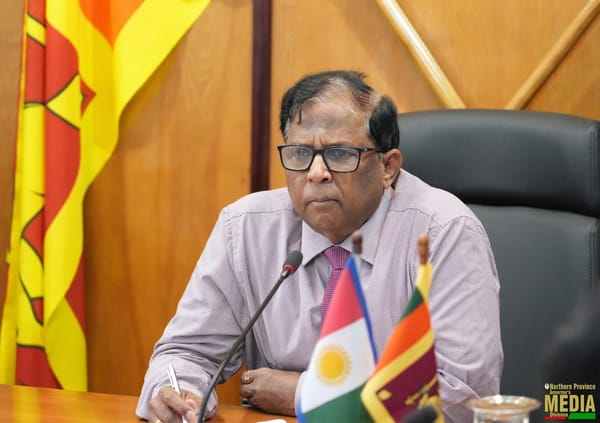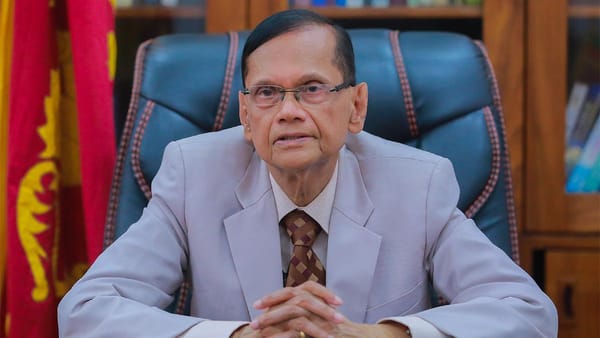Booker Prize–winning author and political activist Arundhati Roy has drawn direct parallels between the Israeli assault on Gaza, which has since come to a ceasefire, and Sri Lanka’s military offensive in 2009, describing both as examples of unchecked, state-led massacres that have reshaped the global standard for impunity.
In a wide-ranging interview with journalist Mehdi Hasan, Roy described the carnage in Gaza as "a genocide unfolding before us, in a way that has never been so visible to the world."
"What is worrying," Roy said, "is that all these big, great leaders are watching what Netanyahu can get away with in Gaza — and that is the bar that is being set. At one point, it was what happened in Sri Lanka. Now, it's Gaza." Roy made the remarks during the height of the Gaza war, before the current ceasefire took effect.
Her remarks recall the 2009 Mullivaikkal massacre, when tens of thousands of Tamil civilians were killed during the final phase of Sri Lanka’s civil war. The United Nations and multiple international investigations have since documented evidence of indiscriminate shelling of hospitals, starvation blockades, and the execution of surrendering civilians by Sri Lankan forces. These investigations also recorded war crimes committed by the LTTE, including the use of civilians as human shields, the shooting of those attempting to flee LTTE-controlled areas, and the forcible conscription of children through its abduction squads.
Roy's comparison underscores how Sri Lanka's final offensive — once cited by Western and regional powers as a counter-terrorism "success story" — has now become a benchmark for modern impunity in global conflicts.
"At that time," Roy noted, "world powers either looked away or quietly celebrated Colombo's 'decisive victory.' What we're seeing now in Gaza is not just history repeating itself — it's the normalization of mass atrocity."
Arundhati Roy won the Booker Prize in 1997 for The God of Small Things.










